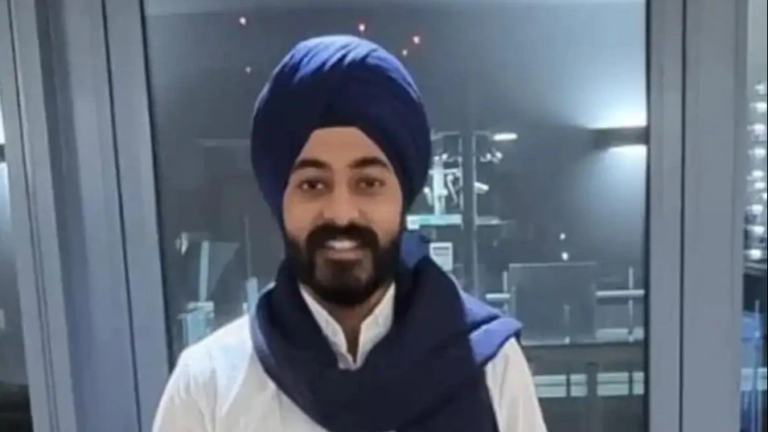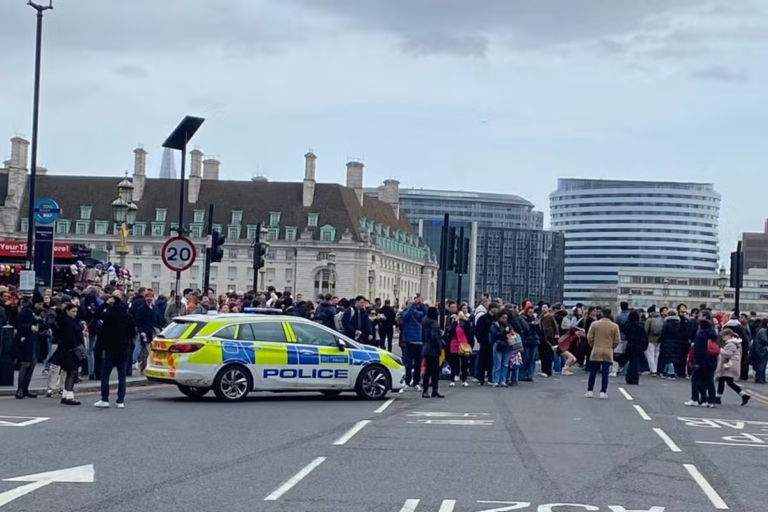The BBC Lottery, while not a lottery in itself, refers to the coverage and information provided by the BBC regarding the UK National Lottery. Established in 1994, the National Lottery has become an integral part of British culture, funding various projects, from the arts to sports and community initiatives. This article will delve into the workings of the UK National Lottery, its significance, the various games available, the funding it generates, and the BBC’s role in this massive initiative.
History of the UK National Lottery
Launch and Initial Success: The UK National Lottery was launched on November 19, 1994, by then Prime Minister John Major. The primary purpose was to generate funds for good causes while offering the public a chance to win significant cash prizes. The first draw was a resounding success, generating millions of pounds and attracting vast public interest.
Evolution Over the Years: Since its inception, the National Lottery has undergone several changes in its format and games. Initially, it consisted solely of the main Lotto game, but as public interest grew, more games were introduced, including scratch cards and online games. The lottery’s operations are overseen by the UK Gambling Commission, ensuring fairness and transparency.
How the National Lottery Works
Ticket Purchasing: Tickets for the National Lottery can be purchased from various outlets, including convenience stores, supermarkets, and online platforms. Players can choose their numbers or opt for a “Lucky Dip,” where the numbers are randomly generated. As of now, the cost of a standard Lotto ticket is £2.
Game Formats
Lotto: The classic game, where players select six numbers from 1 to 59. Draws occur every Wednesday and Saturday.
EuroMillions: A transnational lottery offering bigger jackpots, with draws on Tuesday and Friday. Players select five main numbers and two “Lucky Stars” from a separate set.
Thunderball: A game where players select five numbers from 1 to 39 and one Thunderball from 1 to 14, with draws held four times a week.
Set For Life: A relatively new game that offers winners a monthly prize for 30 years. Players select five numbers from 1 to 47 and one “Life” ball.
Instant Win Games: These are online games available through the National Lottery’s website, allowing players to win instantly.
Drawing Process: Draws for the various games are conducted using random number generators or machines. The process is overseen by independent auditors to ensure fairness. Winning numbers are publicly announced and broadcasted on television and online.
Funding and Good Causes
Distribution of Funds: A significant aspect of the National Lottery is its commitment to funding good causes. Approximately 28% of all ticket sales goes to these initiatives. The funds are distributed across various sectors, including:
Arts: Supporting cultural projects, arts organizations, and community arts initiatives.
Sports: Funding elite sports programs, grassroots sports initiatives, and national sports organizations.
Heritage: Preserving and promoting the UK’s historical sites and cultural heritage.
Community Projects: Funding local community groups and initiatives that benefit the public.
Impact of Funding: Since its launch, the National Lottery has raised billions for good causes. This funding has led to the development of numerous projects, including new sports facilities, community centers, and arts initiatives that have enriched the lives of many across the UK. The BBC often highlights these projects, showcasing the positive impact of the lottery on society.
The Role of the BBC
Broadcasting Lottery Results: The BBC has been the primary broadcaster of National Lottery results since its inception. The results are typically aired during the Saturday night lottery show, which combines entertainment with the excitement of the draw. The show often features celebrity guests and various entertainment segments.
Informational Programming: In addition to broadcasting results, the BBC provides comprehensive coverage and information about the National Lottery. This includes educational segments about responsible gambling, the odds of winning, and insights into how lottery funds are allocated.
Engaging with the Public: The BBC also engages with the public through various channels, encouraging responsible play and showcasing winners’ stories. This interaction fosters a sense of community and excitement around the National Lottery.
The Importance of Responsible Gambling
Responsible Gambling: The National Lottery promotes responsible gambling as a fundamental principle. With the excitement of winning comes the potential for harmful gambling behavior. Therefore, the lottery has implemented various measures to help players gamble responsibly.
Tools and Resources: Players can access tools and resources through the National Lottery website, such as self-exclusion options, budget-setting tools, and links to organizations that provide support for problem gambling. The BBC also emphasizes responsible gambling through its programming, encouraging viewers to play within their means.
Recent Developments in the National Lottery
New Games and Innovations: The National Lottery continues to evolve, introducing new games and features to keep players engaged. Recent additions include online instant win games, which have gained popularity due to their accessibility and potential for immediate wins.
Technological Advancements: Advancements in technology have also transformed the lottery experience. Players can now purchase tickets via mobile apps, track their numbers, and receive notifications about draws and results.
Changes in Regulations: The UK Gambling Commission periodically reviews and updates regulations governing the National Lottery to ensure fairness, transparency, and player protection. These changes are crucial in adapting to the evolving landscape of gambling in the UK.
FAQs
What is the BBC Lottery?
The BBC Lottery refers to various lottery initiatives organized or promoted by the BBC, including contests and fundraisers. The most notable is the BBC Children in Need campaign, which features a lottery component that raises funds for children’s charities across the UK.
How does the BBC Lottery work?
The BBC Lottery operates through ticket sales, where proceeds from tickets contribute to the overall funding of charitable projects. Participants can buy tickets either online or through designated outlets. Draws typically take place during special events, such as telethons.
When are the BBC Lottery draws?
The BBC Lottery draws are usually held during major events like the BBC Children in Need telethon, which occurs annually in November. Specific draw dates can vary each year, so it’s best to check the BBC’s official website for the latest information.
How can I buy tickets for the BBC Lottery?
Tickets for the BBC Lottery can be purchased through the official BBC Children in Need website or designated retail outlets. Online purchases usually require creating an account and selecting your numbers.
What are the prizes for the BBC Lottery?
Prizes vary by draw and can include cash prizes, vouchers, and special experiences. During the Children in Need campaign, special prizes may also be offered, such as exclusive merchandise or celebrity meet-and-greets.
Conclusion
The BBC Lottery may not be a lottery in itself, but its role in broadcasting and providing information about the UK National Lottery is vital. The National Lottery has a significant impact on society, funding numerous good causes and providing entertainment to millions.
Through responsible gambling practices and community engagement, the National Lottery continues to evolve while maintaining its core mission, to enrich the lives of people across the UK. As we look to the future, the collaboration between the BBC and the National Lottery will remain essential in promoting the lottery and its positive contributions to society.
To read more, Click Here .







